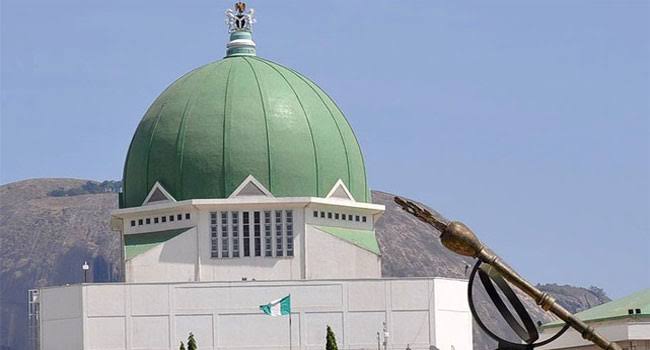
A letter recently made public has revealed that the National Assembly urged the government to sign the Samoa Agreement, contrary to earlier claims by lawmakers that they were not involved in the negotiation and signing of the agreement.
The letter, dated May 9, 2024, and signed by Muhammed Argungu, Director of International Parliamentary Organisations, on behalf of the Clerk to the National Assembly (CAN), Sani Tambawal, requested the Minister of Budget and National Planning, Atiku Bagudu, to sign the agreement and pay Nigeria’s outstanding obligations to the Organisation of African, Caribbean and Pacific States and European Union, Joint Parliamentary Assembly (OACPS-EU-JPA).
The National Assembly’s lobbying effort aimed to secure a Nigerian lawmaker’s election into the OACPS-EU-JPA.
The letter revealed that a Nigerian lawmaker was nominated to represent West Africa in the Bureau of the Regional Assembly but was unable to take the position due to Nigeria’s non-signatory status and outstanding debts.
“Accordingly, the Honourable Minister is requested to kindly consider the above and put in place machinery for signing the agreement and payment of the accumulated subscriptions to the Organisation of African, Caribbean and Pacific States and European Union (OACPS) to avoid the Nigerian delegation to the meetings being subjected to ridicule,” the letter added.
This development contradicts the House of Representatives’ earlier stance, which called for the suspension of the agreement’s implementation pending an investigation into alleged controversial clauses.
The lawmakers had called for the suspension due to public outcry over the alleged existence of LGBTQ+ clauses in the agreement. The government was criticized for allegedly sacrificing moral values for Western aid.
Recall that the Nigerian government has denied the existence of such clauses. Also, the Nigerian Bar Association (NBA) has debunked the claim.
The Samoa Agreement is a legal framework between European Union member states and over half of the 79 members of the Organisation of African, Caribbean, and Pacific States (OACPS).
